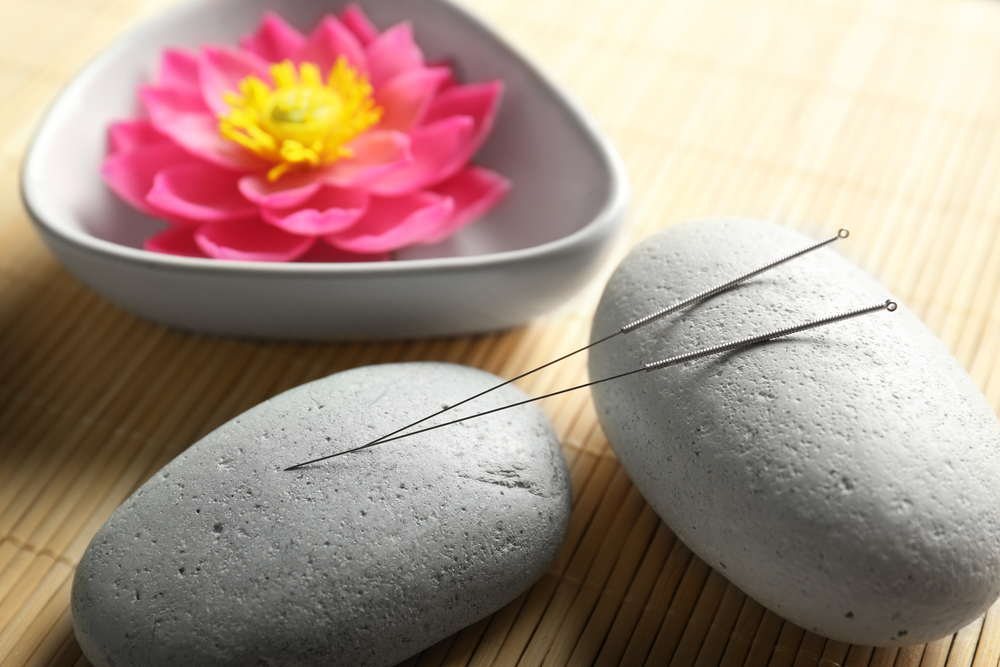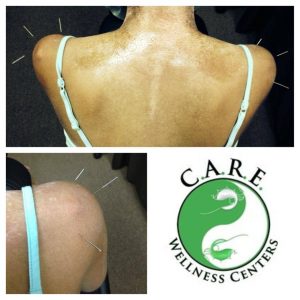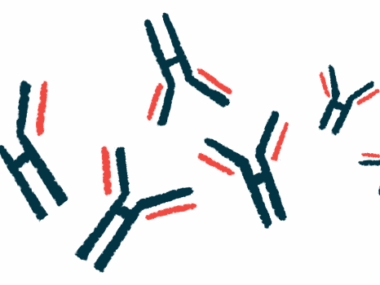4 Habits to Help Jump-start a Healthy New Year
Written by |

Stress to a sick person is like adding gasoline to a burning flame to put it out — it just doesn’t work. When living with a life-changing illness, one tends to forget how things were before the disease took over. Inflammation is the root of many diseases, but there are changes that can be made to help decrease it. As with everything in life, it takes a push of effort and dedication, but once some relief is felt these practices may become routine.
1. Avoid inflammatory foods
Some foods have been scientifically proven to trigger inflammation in the body. Unfortunately, these are foods that most people enjoy eating, including:
- Sugar/desserts/sweets
- Gluten/bread/pasta
- Red meat
- Alcohol
- Dairy
There are more, but this list offers a good head start. The good news is that a health movement is sweeping across the nation, and an abundance of alternatives is available to replace dairy and gluten. If I eat a sweet dessert while out to dinner, I feel my shoulders ache tenfold the next day. Steak seemingly sits in my stomach for days due to my slow digestive tract.
When you start to listen to your body and realize that what you eat can directly be the reason why the day is good or bad, changes should be made accordingly. Research anti-inflammatory diets and experiment with healthy recipes. Once you immerse yourself in a healthy lifestyle, it’s almost impossible to go back. Making an appointment with a gastroenterologist can narrow down which foods can and can’t be tolerated with your digestive tract through testing and blood work.
2. Relieve stress
Life is constantly dishing out stressful situations, so you have to learn how to relieve the pressure. When dealing with such an invasive disease as scleroderma, stress becomes a permanent part of daily life. But finding a good outlet for this stress can help ease the situation. Any time I’m under high amounts of stress, my body hurts more and it seems as though my joints are stiffer. It’s important to find a way to reset your mind to be able to handle any curve balls scleroderma throws your way.
I joined my local gym and participated in weekly chair yoga. You can also try writing, meditating outdoors, going for a walk, joining a local support group, or exercising. These are all life-changing activities that have gotten me very far on this journey, and I wouldn’t have the mental clarity I do now without them.
3. Try natural alternatives
Acupuncture helped me through the first four years of my diagnosis. It relieved the pain better than any medication. It’s also a very relaxing way to meditate. Massages are another positive step toward reducing pain and inflammation. One machine that gives me exponential relief is called an ultrasound machine. Most medical offices use it for physical therapy, but I asked the therapist to try it on my joints, and it helped tremendously.
Due to the fact that my skin is tight, I do not lay down for the massage. I sit up and the therapist gently stretches and massages my shoulders, neck, collarbones, and back. This is a good way to increase circulation and decrease inflammation. Before making an appointment with a natural doctor, call ahead and make sure they understand the implications of your specific type of scleroderma. This is exactly what I did before I started seeing natural doctors.
4. Get ample rest
Our bodies cannot reset or heal without a good night’s rest. The complications of scleroderma make it hard to relax and sleep well at night. Ask your doctor for a medication to take once in a while to help set your sleep schedule. I used to be opposed to taking medications that put me to sleep, but now my body thanks me and I’m able to focus better during the day.
There is no growth inside of our comfort zones, and scleroderma is a great teacher of this lesson. We must change our lifestyles to build the courage to keep fighting. This means dedicating and re-learning what you thought you knew. If you have the strength to fight scleroderma, you have the strength to adopt new, healthier habits.
***
Note: Scleroderma News is strictly a news and information website about the disease. It does not provide medical advice, diagnosis, or treatment. This content is not intended to be a substitute for professional medical advice, diagnosis, or treatment. Always seek the advice of your physician or other qualified health provider with any questions you may have regarding a medical condition. Never disregard professional medical advice or delay in seeking it because of something you have read on this website. The opinions expressed in this column are not those of Scleroderma News or its parent company, Bionews Services, and are intended to spark discussion about issues pertaining to scleroderma.








Leave a comment
Fill in the required fields to post. Your email address will not be published.